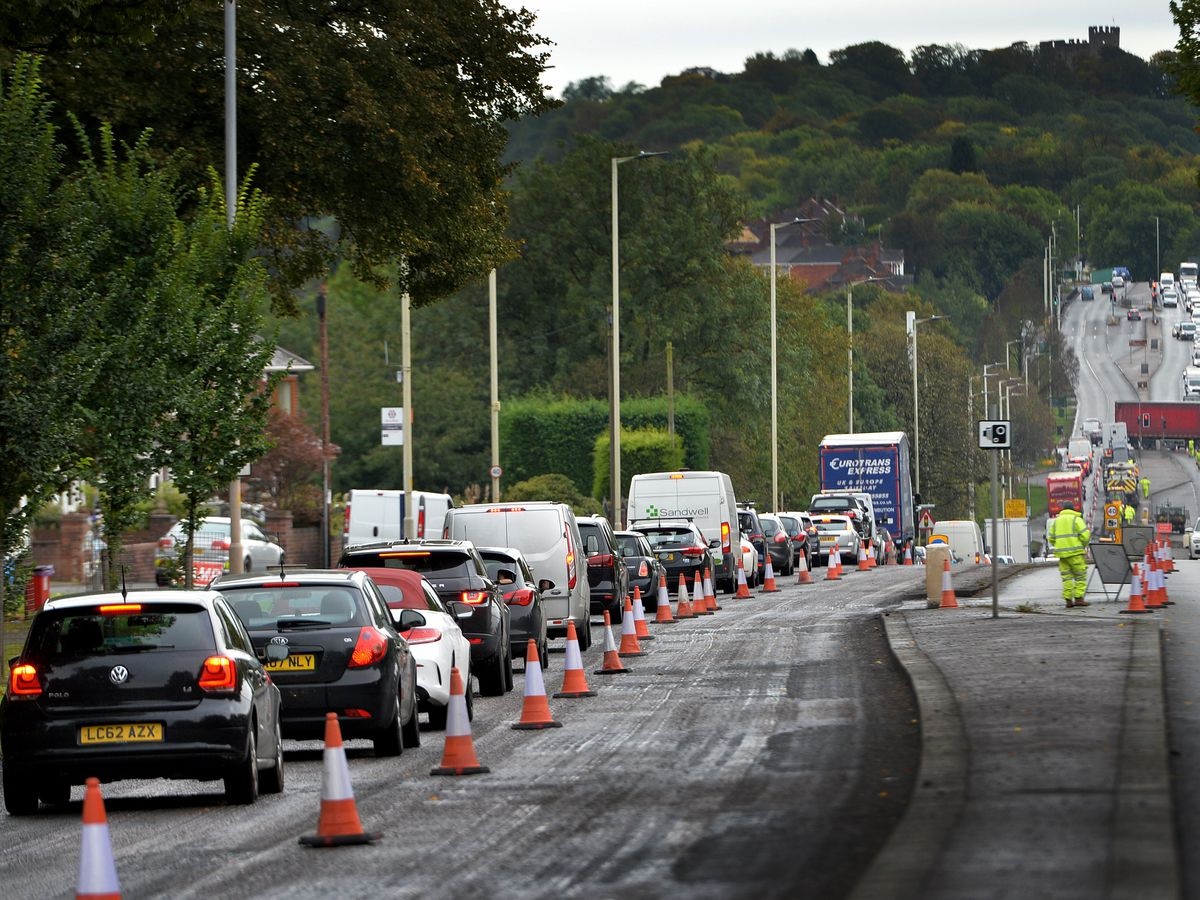The number of road works carried out across the country has increased over the last three years, reveals new research from breakdown provider Green Flag. In 2019, some 17,600 miles of roads were worked on, rising to 19,400 miles by the end of 2021, an increase of 10 per cent. Road works include improvements in the form of resurfacing and repairs, through to utilities digging up the road to access pipework and infrastructure.
The breakdown provider is reminding drivers to always check journeys for road closures and revised routes before travelling, especially on long trips, as unknown road works can cause havoc for unprepared motorists. A Freedom of Information Act request to local authorities across Great Britain found that over the past three years an estimated 55,000 miles of roadworks have been carried out, accounting for over a fifth (22 per cent) of the total 246,500 miles of paved roads.
Investment in road maintenance and improving infrastructure is vital and has grown steadily across Great Britain in recent years. Motorways and A roads must be resurfaced every 10-12 years as water, sun, and air, combined with the weight of heavy traffic, causes road surfaces to deteriorate and crack.
The total investment into highways by central maintenance agencies reached £6.2 billion in 2021, up 12 per cent from £5.6 billion in 2020. This was supplemented by an estimated £3 billion spent on local council roads, at an average of £7.4 million per council over the course of 2021.
Regional data
In 2021, Camden Council worked on the highest proportion of its roads, with over two fifths (44 per cent) of the total number of miles of tarmac in the London Borough having some form of road works carried out on them. This is closely followed by the Isles of Scilly (42 per cent), Reading (21 per cent), the Vale of Glamorgan (13 per cent) and Stoke on Trent (12 per cent).
Table one: Top 10 local authorities by share of roads worked on in 2021
|
Local authority |
Proportion of roads work on |
Total length of roads worked on (miles) |
|
Camden |
44 per cent |
77 |
|
Isles of Scilly |
42 per cent |
9 |
|
Reading |
21 per cent |
52 |
|
Vale of Glamorgan |
13 per cent |
73 |
|
Stoke on Trent |
12 per cent |
66 |
|
Hounslow |
9 per cent |
28 |
|
Blackpool |
9 per cent |
25 |
|
Renfrewshire |
8 per cent |
49 |
|
Dorset |
7 per cent |
173 |
|
East Riding of Yorkshire |
7 per cent |
142 |
|
All Great Britain |
8 per cent |
19,148 |
Source: Green Flag, 2022
Mark Newberry, Commercial Director at Green Flag, commented: “Investment in the road network across Britain is vital for drivers, so it’s good to see continued investment in maintenance and improvements. However, road works can be a serious nuisance, especially if drivers come across them unexpectedly during a journey and do not know an alternative route.
“Anyone driving somewhere they are not familiar with should look up their route online or via a travel app before travelling and check for any road works or road closures which may affect their journey. Drivers should also make sure they are always ready for a long journey before setting off as we know that many breakdowns are avoidable if proper care is taken before and during a trip.”
Green Flag recommends drivers follow these easy steps when preparing for a long car journey:
· Walk around the car and look for signs of potential issues, including flat tyres or lights that need replacing
· Have a regular service on your vehicle to ensure your car is in tip top condition for driving and ultimately prolonging the car's overall life span
· Check your tyres, both for tyre pressure (including the spare if you have one) and tyre tread. Tyres do have their own built-in tread wear indicators, but this can also be checked by using a 20 pence coin; if the outer band on the coin is visible when placing the coin in the groove between the treads, it means they’ve worn too low, and the tyres need replacing
· Check all fluid levels, make sure to top up if necessary and bring water, oil, and screen wash with you just in case
· Make sure your phone battery is topped up prior to your journey and pack a portable charger. In the event of a breakdown, using an in-car phone charger without the engine running can flatten a car battery in a very short space of time
· Make sure you have breakdown cover to ensure you’re covered in the event of a breakdown situation.
· Check the enroute charging stations to ensure that if you’re driving an EV you’ll be in the knowledge that you’ll have enough charge to cover you for the entirety of your journey.










